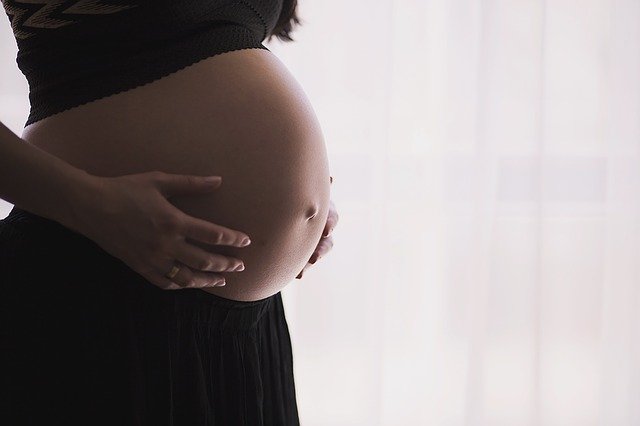
In a recent study, researchers find that physical assault during pregnancy, especially in the third trimester, can increase the rates of babies born at very low birth weights (under 3.3 pounds) and very pre-term (fewer than 34 weeks gestation).
The study was conducted by Princeton University, Stanford University and the University of Michigan.
Currently, 32% of U.S. women currently report experiencing violence by an intimate partner.
This violence often escalates during pregnancy, which can lead to significant lifelong disadvantages for infant health and economic prosperity.
In the study, the researchers merged birth records with the locations of reported assault crimes reported by the New York City Police Department.
The NYPD responded to almost 200,000 domestic violence incidents in 2017.
To understand the toll of violence on pregnancy, they compared women assaulted during pregnancy (from conception up to the ninth month) with women who reported assault after giving birth.
The team found that the mothers who were most likely to have an assault during pregnancy were young (less than 20 years old), non-Hispanic black, and had less than a high school education.
Assaults in the third trimester significantly increased the likelihood of babies being born prematurely and at low birth weights.
Assaults were also associated with an increased likelihood of induced labor, which was likely a medical response to the trauma.
In addition, babies born to mothers assaulted during pregnancy were 66% more likely to be low birth weight.
The babies were 39% more likely to be born pre-term compared to babies born to mothers who reported being assaulted after giving birth.
Babies born to mothers assaulted during pregnancy were also 50% more likely to have low one-minute Apgar scores.
This is a test administered minutes after birth that assesses infant health — than mothers who reported being assaulted after giving birth.
These health impacts also create significant economic disparities.
Taking into account medical fees, projected lifelong earnings and other factors, assault during pregnancy has an average cost of $41,771, according to the researchers’ estimations.
Given that 2.6% of pregnant women experience assault each year, this translates to $4.25 billion annually.
Future research may explore longer-term consequences of prenatal exposure to assaults on child health and development, as well as on maternal well-being, the researchers concluded.
The study co-author Janet M. Currie is the Henry Putnam Professor of Economics and Public Affairs at Princeton’s Woodrow Wilson School of Public and International Affairs.
The findings are published as a working paper in the National Bureau of Economic Research.
Copyright © 2018 Knowridge Science Report. All rights reserved.
Follow Knowridge Science Report on Facebook and Twitter.
Figure legend: This Knowridge.com image is for illustrative purposes only.
Journal source: National Bureau of Economic Research.



